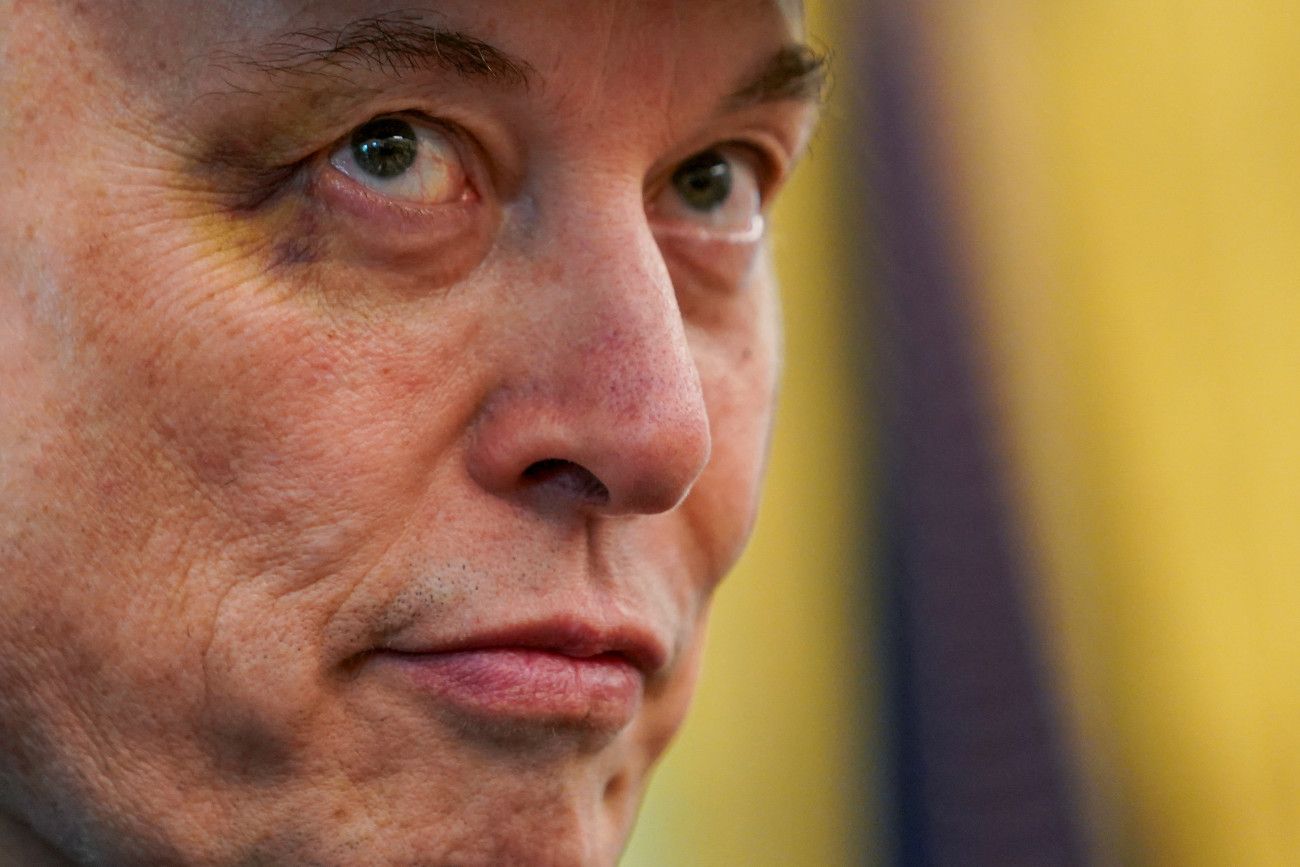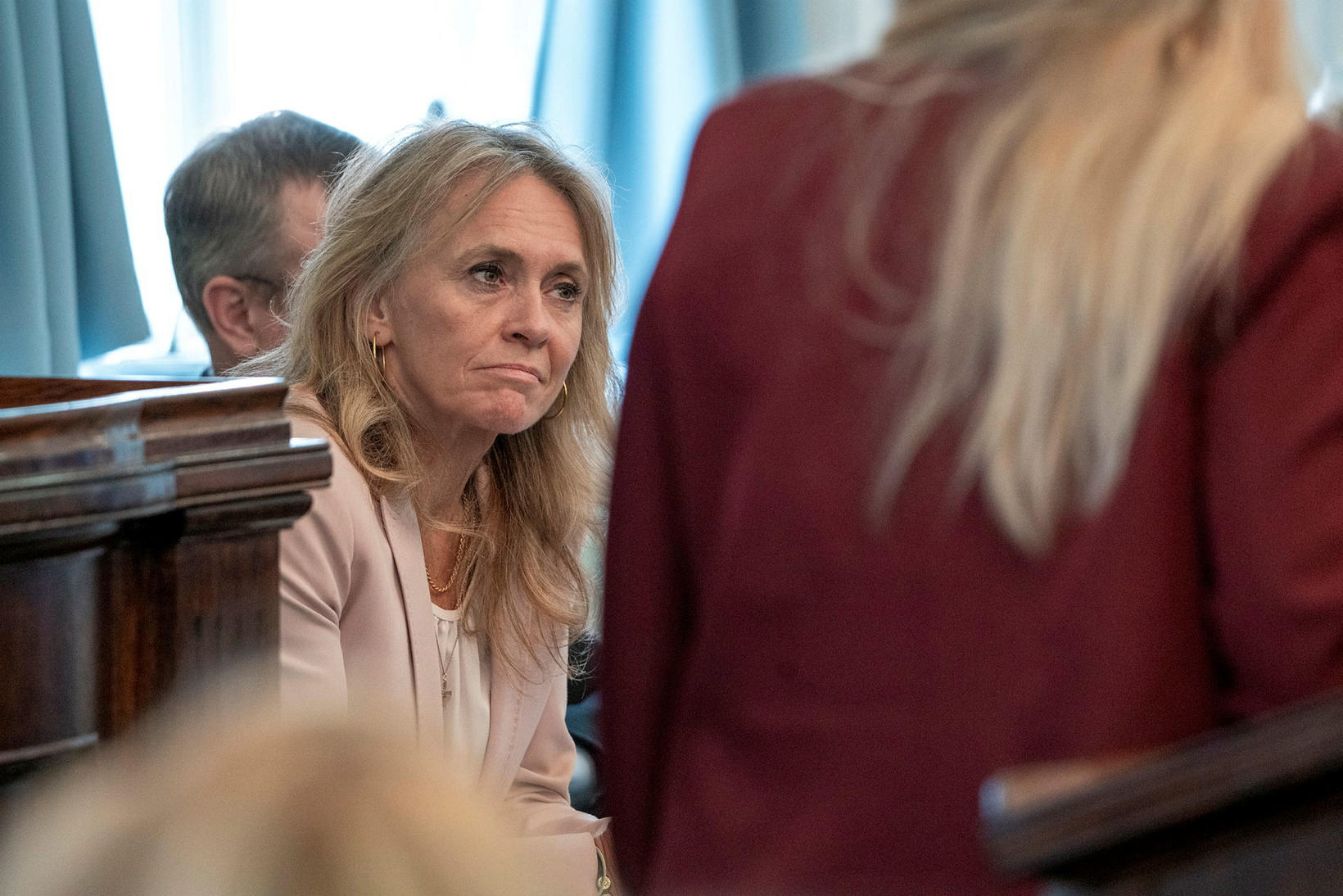Did anyone vote for rampant food prices in the last parliamentary elections?

As food prices rise, the pressure on politicians increases. Why has it suddenly become so expensive with coffee, olive oil and chocolate?
Inflation, of course. Greedy store giants and poor competition, two other popular answers read.
But that’s not the whole truth. The price increases in recent years have not increased profitability in the food industry, according to Statistics Sweden.
Instead Allow your eyes to drought, extreme weather and bad harvestswhich reduces the food supply. That is phenomenon Which is becoming more common in the global warming and which is expected to give even higher food prices in the future.
The climate crisis is thus about to create a Food crisiswhich will make big imprints in household wallets. Therefore it is easy to agree Helena HanssonProfessor of Economics at the Swedish University of Agricultural Sciences: « Grabbing the climate problems must be the way in order for us to get more stable harvests and safer food supply ».
The one who believes that However, the « only » food prices that are adversely affected by recurring food crises are wrong. In addition, misgrowth and food shortages lead to starvation and to be forced to move. The migrations are further stressed by the fact that global warming makes more and more places uninhabitable – both due to drought and extreme heat, and for troubled times increases the risk of war and conflict.
The government chooses to pursue a policy that increases emissions.
It creates a breeding ground for new Refugee crisesalso in Europe like the 2015, which caused the new right to talk about « system collapse ». Fewer wanted to talk about how more people in the future could live and support themselves where they are – because then you have to go to the brink to slow down climate change.
Inability to work proactively means that politicians need to spend a lot of time and effort to cure the symptoms instead of solving the basic problems. We see this now when they are shining that they are really trying to influence food prices, while the government chooses to pursue a policy that increases emissions.
It is motivated by the fact that many Swedes have voted for parties Which went to the choice to make it cheaper to drive. But the question is whether they also voted for parties that increase the likelihood of more pandemics, floods and refugee flows. From the recent anger and boycotts to judge, at least few were putting their voice for politicians to pave the way for more expensive coffee, olive oil and chocolate.
Read more:
DN’s editorial staff: Why should Swedish politicians be worse than German?
DN’s editorial staff: Soon all of Sweden will be forced to do as Norrköping







